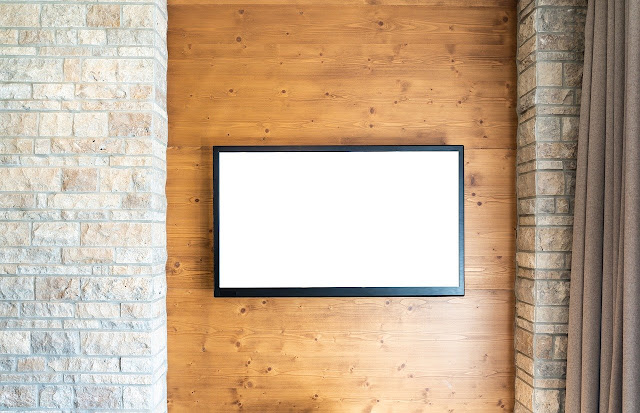Introduction
Have you ever found yourself in a situation where you need a TV, but not for a long-term commitment? Perhaps you're hosting a one-off event, expecting short-term houseguests, or just testing the waters before deciding on a permanent purchase. If so, TV rental may be on your radar. But is it a step in the right direction?
There are many enticing aspects of TV Rental, from flexible terms to the opportunity to swap out models as your needs or tastes change. Yet, as with any decision, there are downsides too. It's essential to weigh up these pros and cons carefully to ensure your decision fits your lifestyle and budget.
In this comprehensive guide, we'll delve into the world of television rentals, exploring the key benefits, possible drawbacks, and factors to consider before taking the plunge. Read on for a closer view of what to expect should you decide to rent a TV, and whether it might be the best move for you.
Why Rent a TV?
Renting a TV could be a perfect solution for many scenarios. Imagine you're planning a grand party, and you want to create a home theater experience or set up multiple screens for a sporting event. Buying a TV for a single event does not make sense, but renting does. Moreover, if you live in a temporary housing solution, you might not wish to invest a chunk of your savings into a television set. Or you might simply want to try out the latest model before making a long-term commitment. Renting gives you a freedom to test and change along with avoiding the upfront cost.
Pros of Renting a TV
The main allure of TV renting lies in its convenience and flexibility. Renting allows you to test various models or technologies, enabling you to discover the best fit for your needs without a heavy initial cash outlay. Some rental companies also offer optional maintenance and upgrade agreements, which can provide added peace of mind. Additionally, if you're someone whose disposition or living situation changes frequently, renting ensures you're never stuck with an ill-suited TV purchase.
Cons of Renting a TV
Despite its benefits, TV Rental isn't without its drawbacks. Over time, the cost of renting can exceed the purchase price of a new TV. You may also encounter limitations in terms of available models or brands. Plus, as the renter, you might be liable for damages caused due to normal usage wear and tear, costs that can quickly add up. Lastly, without outright ownership, you may feel a certain element of constraint or lack of full control.
What to Consider Before Renting a TV?
When contemplating TV rental, there are several elements to take into account. Firstly, consider the rental terms—you need a clear understanding of the costs involved, payment schedules, and rental periods. Next, think about TV size and placement in your home. Make sure the model you choose aligns well with your space. Lastly, research the supplier's reputation, to ensure they provide good customer service and product quality.
Understanding the Rental Agreement
Deep diving into a rental agreement can seem like a daunting task, but it is vital to understand what you’re signing up for. Look out for clauses related to late payments, length of the rental term, renewal options, and repair and maintenance responsibilities. Additionally, check if there's an option to eventually own the TV. Understanding your full commitment will keep you prepared for potential surprises down the line.
Sustainability Aspect of Renting a TV
In a world increasingly aware of the need for sustainability, renting instead of buying can be an appealing option. Renting reduces the demand for manufacturing new products, leading to a conservational use of resources. In return, this approach can greatly contribute to our greener efforts by reducing electronic waste.
Conclusion
TV Rental can offer a highly flexible, fuss-free solution for many individuals and situations. However, it's not a one-size-fits-all answer. It’s crucial to consider factors like usage, lifestyle, costs, and contracts before making your decision. Remember, personal preferences play a crucial role in determining whether renting or owning is the best route to take.
While the prospect of avoiding a large initial investment and being able to change models according to the latest tech trends might be attractive, the potential long-term costs and limitations of TV renting are also real. Like any contract-based arrangement, the key to reaping the maximum benefits lies in thorough research, diligent comparisons, and careful consideration.
Whichever path you choose, ensure it brings you the most satisfaction and entertainment. After all, that's the purpose of having a television in your home in the first place!








No comments: